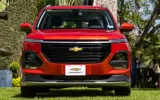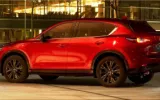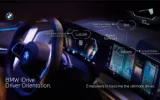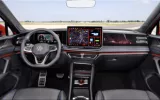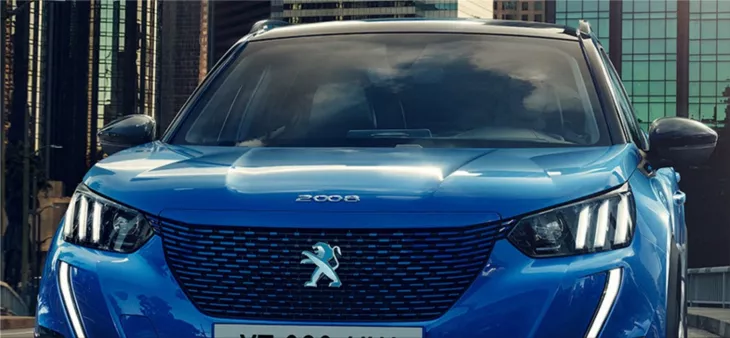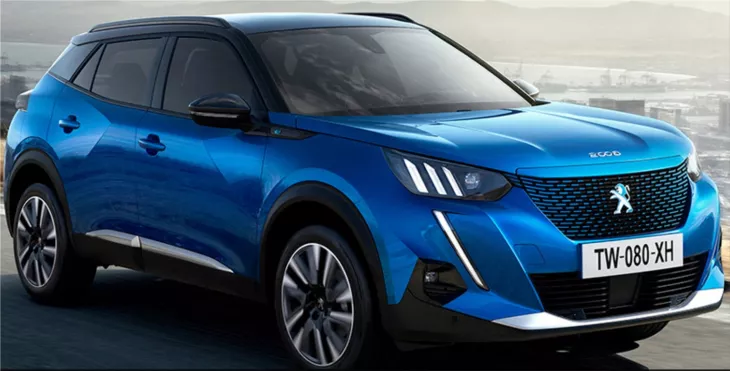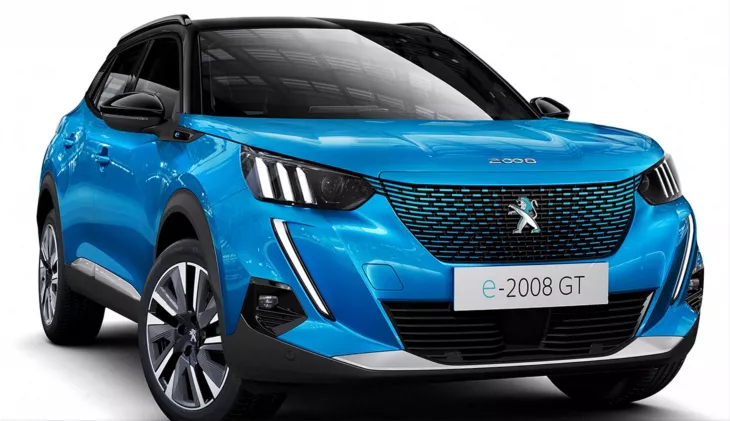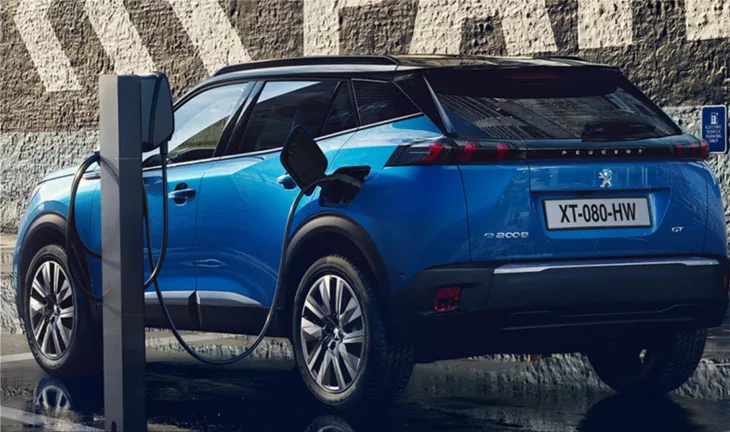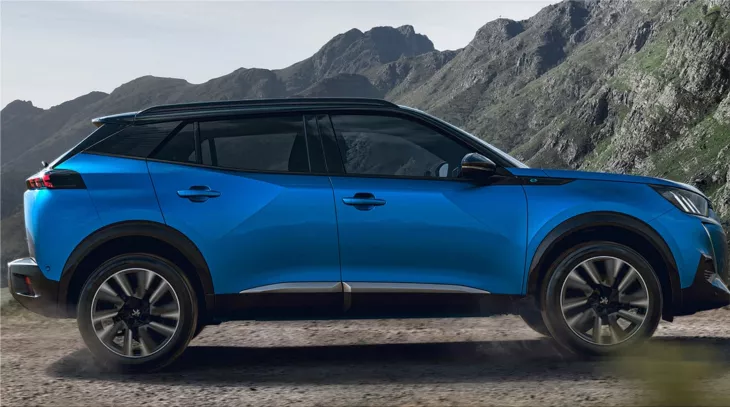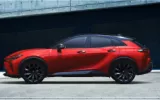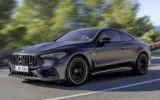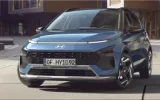Nowadays, more and more options for electric vehicles are becoming available. It's already the case that they're more self-sufficient, potent, and packed with technology than ever before. Did you know that Peugeot started developing the concept for the first electric car around the turn of the 20th century?
Peugeot describes the beginnings of its groundbreaking electrification experiment, which culminated in 1941 with the debut of the Peugeot VLV (short for Véhicule Léger) de Ville, or Light City Vehicle, in La Garenne, a suburb of Paris. The design was based on what the company's engineers learned from studying a Peugeot 201 from the 1990s.
The Peugeot VLV was a two-seater mini-cabriolet that could travel 80 kilometers without recharging and 35 kilometers per hour at its highest speed. The vehicle's four 12 V batteries provided 3.3 horsepower and could be charged from any standard wall socket. The aluminum chassis accounted for 365 kg of the model's overall weight, while the batteries added another 160 kg. Its hood had a spoke instead of the usual Peugeot lion.
Even though a lack of raw materials hampered production, 377 VLVs were built, ensuring that vital services like mail delivery and medical care would continue to be provided. Given the context of the period, which had a total gasoline shortage because of World War II, the answer was crucial. The Vichy regime's leaders outlawed its manufacture in 1943.
Due to the oil crisis in the 1970s and 1980s, Peugeot revived efforts to promote electric mobility, first with the electric Peugeot 106 (produced between 1995 and 2001). The Peugeot iOn was introduced in 2009, while the Peugeot Partner Electric was released in 2014.
Peugeot e-208 GT and Peugeot e-EXPERT models stand out in Brazil today due to their strong performance and greater than 330 km of range. The Peugeot e-2008 100% electric SUV boasts impressive technology, including a 50 kWh battery, 136 hp, and regenerative braking for charging during deceleration. Peugeot's first electric van is highly adaptable, elevating the bar for van comfort to new heights. With its low cost of ownership, sizeable usable volume (6.1 m3), and high payload capacity (1,000 kg), the Peugeot e-EXPERT is a highly functional vehicle. Furthermore, Peugeot has already announced the release of another electric car in Brazil this year.

